Equity in educational opportunities
Evaluation of the Beyond the Broncos Girls Academy Program
Females of Aboriginal and Torres Strait Islander descent are considered the most disadvantaged and socially marginalised group in Australia today. Beginning in the early school years, there is clear evidence of a significant educational gap between Indigenous and non-Indigenous Australian female students.
Student engagement as a mediator of the effects of socio‐economic status on academic performance among secondary school students in Australia
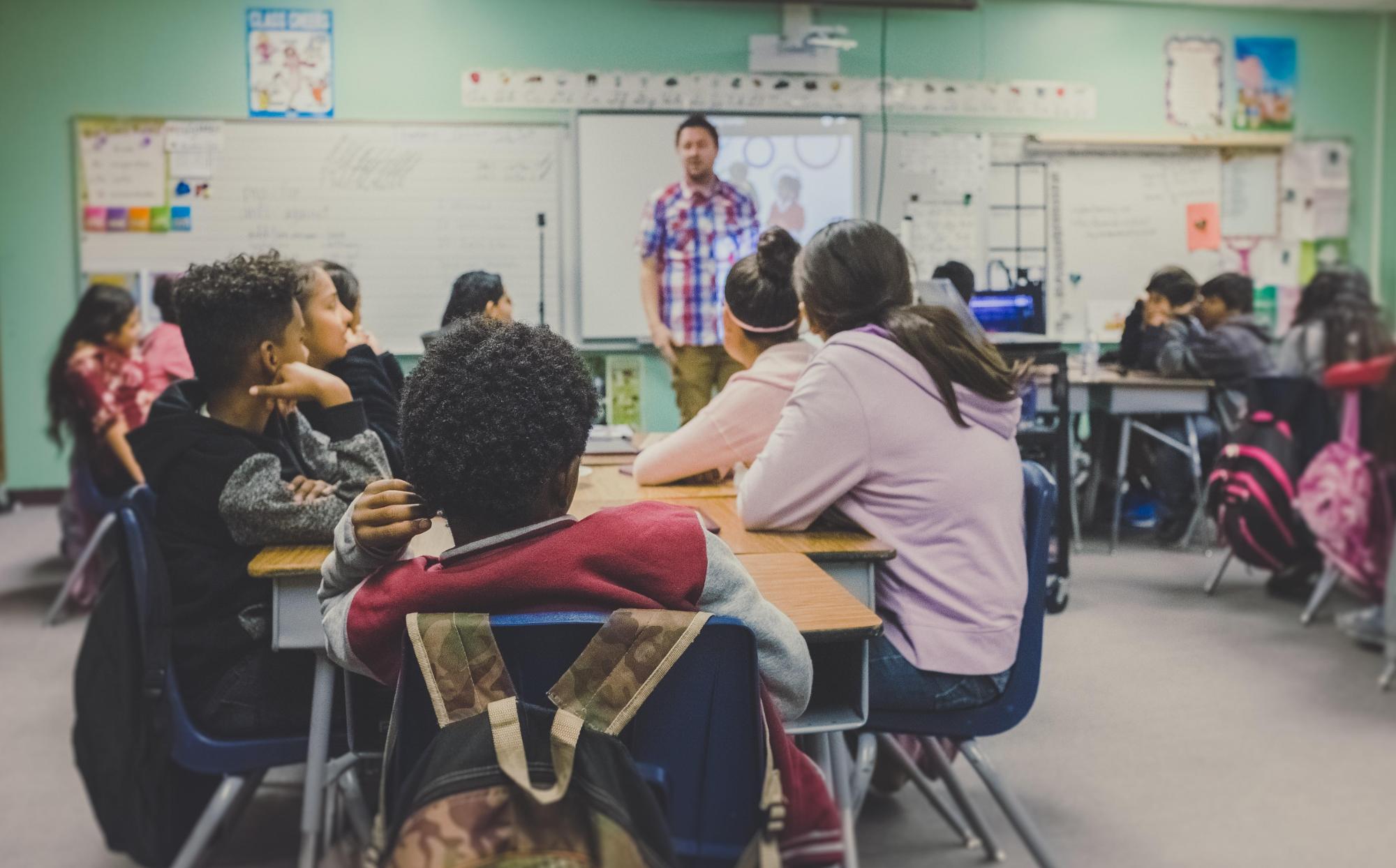 The impact of family socio-economic status (SES) on students’ academic performance has been extensively explored in the literature around the world. Accumulated empirical evidence shows that low SES students tend to perform worse academically than their peers from more advantageous backgrounds globally including Australia.
The impact of family socio-economic status (SES) on students’ academic performance has been extensively explored in the literature around the world. Accumulated empirical evidence shows that low SES students tend to perform worse academically than their peers from more advantageous backgrounds globally including Australia.
Rewarding commitment to attend school: A field study with indigenous Australian High School students
 There is clear evidence of a significant gap in education achievement between Indigenous and non-Indigenous Australians, with the Australian Government introducing its ‘Closing the Gap’ policy in 2008 partly to address inequality in education.
There is clear evidence of a significant gap in education achievement between Indigenous and non-Indigenous Australians, with the Australian Government introducing its ‘Closing the Gap’ policy in 2008 partly to address inequality in education.
Caring about the carers: ISSR identifies strategies to support early childhood education and care workforce
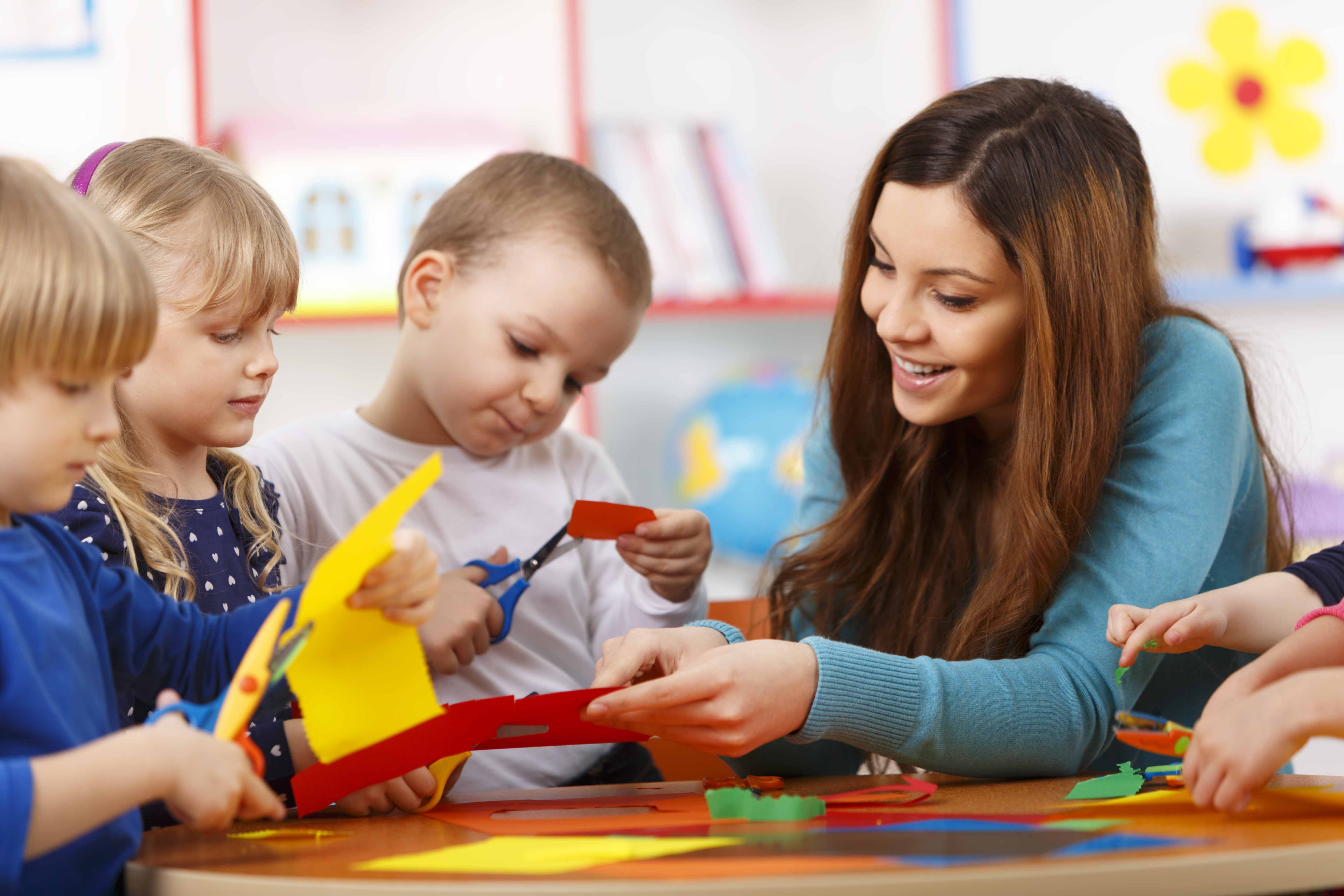 Prior to the COVID19 crisis, key international agencies were advocating fiercely for improved access to early childhood education and care (ECEC). The UNICEF State of the World’s Children Report 2019 identified access to ECEC as a key distinguishing factor in education and lifetime outcomes for children internationally.
Prior to the COVID19 crisis, key international agencies were advocating fiercely for improved access to early childhood education and care (ECEC). The UNICEF State of the World’s Children Report 2019 identified access to ECEC as a key distinguishing factor in education and lifetime outcomes for children internationally.
Read more
Working with Social Ventures Australia to help great practice become common practice in education
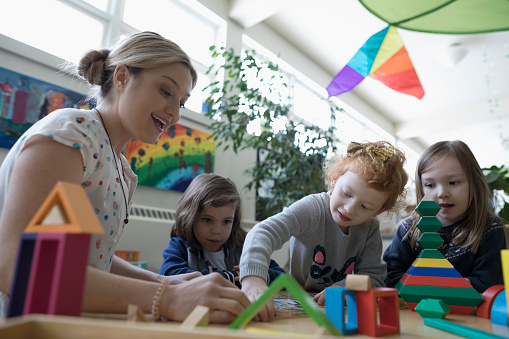 ISSR has been working with Social Ventures Australia to conduct a systematic review of the Australasian literature and develop oral language resources as part of the Evidence for Learning (E4L) Early Childhood Education Toolkit.
ISSR has been working with Social Ventures Australia to conduct a systematic review of the Australasian literature and develop oral language resources as part of the Evidence for Learning (E4L) Early Childhood Education Toolkit.
Policy brief: Widening participation through secondary school mechanisms
University attendance is one of the strongest predictors of labour market success, personal health and wellbeing, and positive social outcomes. However, people from low socioeconomic backgrounds are disproportionately excluded from the benefits of tertiary education.
Since the release of the A Fair Chance for All report in 1990, Australian Higher Education policy has focused on increasing the number of students from disadvantaged backgrounds attending university. Yet, despite more than 25 years of policies aimed at reducing the gap, there is still a significant difference between the numbers of students from advantaged and disadvantaged backgrounds enrolling in university.
This brief provides a summary of our research findings, which highlight the key role of teachers and schools in supporting students from low socioeconomic backgrounds to enrol in university. Good teachers and supportive school environments have the capacity to compensate for some deficits felt more strongly by students from low socioeconomic backgrounds (such as a lack of Higher Education aspirations, information about university and role models).
Higher Education Participation and Partnerships Program-2016 National Priorities Pool: Review of Identified Equity Groups
ISSR was commissioned by the Australian Government to review the equity groups that are used to identify and support people who face systemic barriers to participating and succeeding in higher education. Our approach centred on our awareness that educational equity and disadvantage are subject to interpretation....
Higher Education Participation and Partnerships Program-2014 National Priorities Pool: Widening Participation Longitudinal Scoping Study
ISSR, in collaboration with Victoria University, was commissioned by the Australian Government to deliver design specifications and indicative costings for a
prospective Widening Participation Longitudinal Study, representing a potential new initiative to determine the factors influencing higher education participation....
Parental engagement and children’s education outcomes
Both parental engagement and parental educational beliefs and expectations play critical roles in a child’s educational outcomes. A lack of education is associated with a range of antisocial behaviours, including delinquent activity, teenage pregnancy, unemployment and future dependency on social services....
Policy brief: Achieving responsive sleep, rest and relaxation practices in ECEC
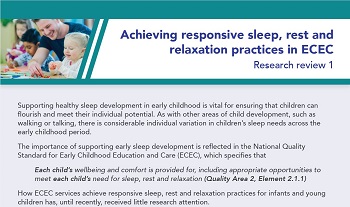 Supporting healthy sleep development in early childhood is vital for ensuring that children can flourish and meet their individual potential. As with other areas of child development, such as walking or talking, there is considerable individual variation in children’s sleep needs across the early childhood period.
Supporting healthy sleep development in early childhood is vital for ensuring that children can flourish and meet their individual potential. As with other areas of child development, such as walking or talking, there is considerable individual variation in children’s sleep needs across the early childhood period.
The importance of supporting early sleep development is reflected in the National Quality Standard for Early Childhood Education and Care (ECEC), which specifies that "[each] child’s wellbeing and comfort is provided for, including appropriate opportunities to meet each child’s need for sleep, rest and relaxation (Quality Area 2, Element 2.1.1)"
Policy brief: Stakeholder perspectives on sleep, rest and relaxation in ECEC
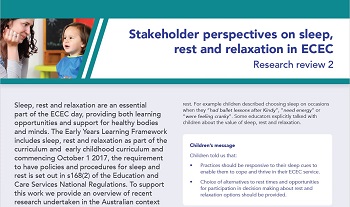 Sleep, rest and relaxation are an essential part of the ECEC day, providing both learning opportunities and support for healthy bodies and minds. The Early Years Learning Framework includes sleep, rest and relaxation as part of the curriculum and early childhood curriculum and commencing October 1 2017, the requirement to have policies and procedures for sleep and rest is set out in s168(2) of the Education and Care Services National Regulations. To support this work we provide an overview of recent research undertaken in the Australian context documenting the perspectives of children, parents and educators.
Sleep, rest and relaxation are an essential part of the ECEC day, providing both learning opportunities and support for healthy bodies and minds. The Early Years Learning Framework includes sleep, rest and relaxation as part of the curriculum and early childhood curriculum and commencing October 1 2017, the requirement to have policies and procedures for sleep and rest is set out in s168(2) of the Education and Care Services National Regulations. To support this work we provide an overview of recent research undertaken in the Australian context documenting the perspectives of children, parents and educators.
Achieving Responsive Sleep, Rest and Relaxation Practices
 E4Kids is a five-year longitudinal study designed to assess the impact of everyday, approved ECEC programs on children’s learning and developmental outcomes. Originally operating out of the Queensland University of Technology, Professor Karen Thorpe led a team via E4Kids to conduct the first large-scale observational studies of sleep practices in ECEC environments. The team investigated the effectiveness of sleep, rest and relaxation practices within more than 180 kindergarten, long day care and family day care settings, including more than 3000 children (from birth to five years).
E4Kids is a five-year longitudinal study designed to assess the impact of everyday, approved ECEC programs on children’s learning and developmental outcomes. Originally operating out of the Queensland University of Technology, Professor Karen Thorpe led a team via E4Kids to conduct the first large-scale observational studies of sleep practices in ECEC environments. The team investigated the effectiveness of sleep, rest and relaxation practices within more than 180 kindergarten, long day care and family day care settings, including more than 3000 children (from birth to five years).
